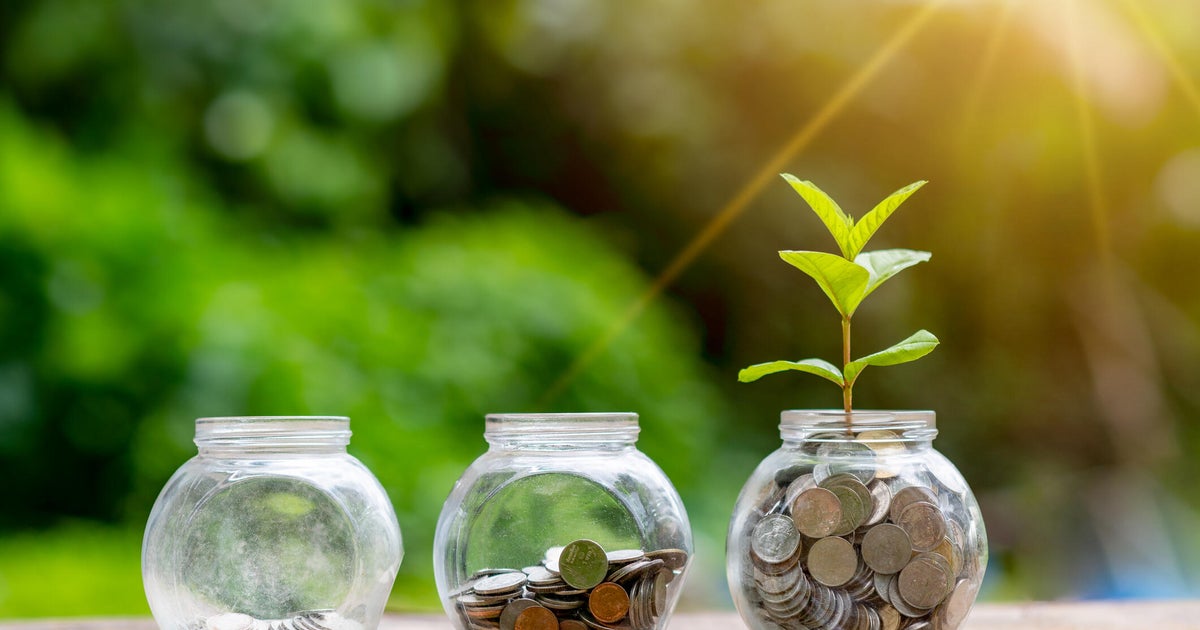Behind on credit card payments? Here are 6 solutions to consider.
In the current economic landscape, many people are grappling with major financial challenges. For starters, inflation, which currently stands at 3.4%, has been a persistent burden over the last couple of years, prompting the Federal Reserve to implement a series of rate hikes and strategic pauses. These actions have resulted in the benchmark rate being paused at a multi-decade high, consequently driving average credit card rates above 21%.
This financial strain has led to more people relying on credit cards to make ends meet, resulting in about 20% of credit card accounts now being maxed out. It has also led to an unfortunate uptick in delinquent credit card accounts. Failing to meet credit card obligations can have far-reaching consequences, including damage to your credit score, potential legal actions and long-term financial repercussions. So, if you're facing those difficulties, it's crucial that you proactively explore your potential solutions for getting back on track.
Find out how the best debt relief companies can help you pay off what you owe.
6 solutions to consider if you're behind on credit card payments
If you're falling behind on your credit card payments, the following options may make sense to solve it:
Credit card hardship programs
Many credit card issuers offer hardship programs designed to provide temporary relief to cardholders who are facing financial hardship. These programs may reduce your interest rate, waive certain fees or offer adjusted payment plans that are tailored to your circumstances. It's worth noting, though, that these programs only offer relief for a limited period, which is typically between six to 12 months. And, to qualify, you'll need to explain and document your financial hardship.
- Pros: Hardship programs can provide immediate relief and prevent further damage to your credit score.
- Cons: Eligibility criteria may vary, and the relief is typically temporary.
Explore your best debt relief options online now.
Debt management programs
Debt management programs, which are typically offered by debt relief companies or servicers, typically work to negotiate lower interest rates or better terms on your credit cards, simplifying the repayment process. With these plans, you make one consolidated payment to the debt management program, which then disperses the money to your creditors after having fees and interest rates reduced.
- Pros: Lower interest rates and a structured repayment plan can make debt more manageable.
- Cons: Enrollment fees may apply, and the program may impact your credit score initially.
Debt forgiveness programs
Debt forgiveness programs, also known as debt settlement programs, are programs offered by debt relief servicers. With these programs, the debt relief experts negotiate with your creditors to accept a lump-sum payment that is lower than your outstanding balance, effectively forgiving a portion of the debt. For example, this type of debt relief program might result in you paying 50% of a $10,000 credit card balance, or $5,000, as your settlement.
- Pros: These programs have the potential to result in significant debt reduction.
- Cons: Debt forgiveness is considered taxable income, and your credit score may be severely impacted.
Bankruptcy
Filing for bankruptcy is another option to consider if you're behind on your credit card payments, but it should generally be considered a last resort option. When you file for bankruptcy, you're initiating a legal process to eliminate or reorganize debts, providing a fresh start, but with severe consequences for your credit and future borrowing opportunities.
- Pros: Bankruptcy can result in the discharge of eligible debts and an automatic stay on collection efforts.
- Cons: It has a significant negative impact on credit score, potential loss of assets and long-term financial implications.
Debt snowball or debt avalanche
You can also use methods like debt snowballing or debt avalanching to keep you on track to pay off what you owe. For example, using the debt snowball method involves listing out all your credit card balances from smallest to largest. You pay the minimum on all balances except the smallest, which you attack with your highest possible payment. Once the smallest balance is paid off, you "snowball" that payment amount onto the next smallest balance until it's paid off, and so on.
The debt avalanche is similar but you list balances from highest interest rate to lowest. You pay minimums on everything except the highest interest balance, focusing all extra payments there to eliminate that costliest debt first.
- Pros: This option is free and is a smart way to reset your approach to your finances (and your debt).
- Cons: It doesn't offer any relief from interest charges or fees; it simply gives you a structured route for paying off what you owe.
Increase your income
You can also look for ways to generate supplemental income on top of your regular job — whether that's a second part-time job, freelancing, gig work, selling items online or something else entirely. If you do this, any extra money earned should be put directly toward paying off credit card balances faster by making larger payments each month. This can accelerate your debt payoff without cutting expenses.
- Pros: The extra income can expedite the repayment process and reduce the total interest you pay on your debts.
- Cons: This option won't be feasible for everyone, as it requires extra time that may not be available in all cases.
The bottom line
Dealing with credit card debt takes diligence and commitment, but there are many potential solutions available depending on your financial circumstances. The key to pulling it off, though, is choosing an approach that is manageable with your unique circumstances while also getting you on track to becoming debt-free.




